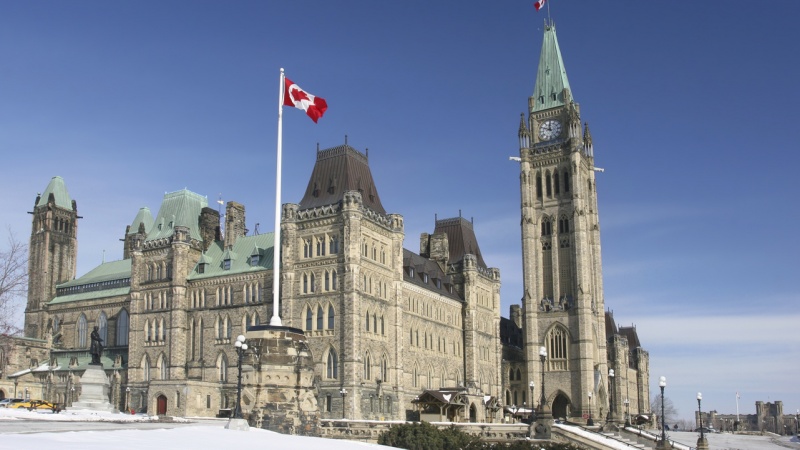On November 27, 2018, very quietly, the legislation for the new Speculation and Vacancy Tax (“Act”) rules were enacted into law with little fanfare to the general public. Known as Bill 45, this legislation was introduced in October 2018 in response to the NDP’s concern of speculation in the local housing market and to the general public outcry for affordable housing. While the new Speculation Tax may have been well-intentioned, upon review it can be found to be lacking in taxpayer fairness and cumbersome. Interestingly, the Provincial government website has stated this Speculation Tax will not apply to 99% of the population in B.C. which upon a closer review of the rules I find hard to believe.
Briefly, the Speculation tax is payable at 0.5% of a residential property’s assessed value in 2018, with the rates at 0.5% for Canadians and B.C. residents and 2% for “Untaxed Worldwide Earners” (“UWE’s”) in 2019. An UWE is defined as an individual who has higher earned income outside of Canada compared to income earned within Canada for the calendar year. The tax is to apply retroactively for 2018, effective January 1, 2018, and is to cover all of Metro Vancouver, the Fraser Valley, good chunks of Vancouver Island, West Kelowna and Kelowna Proper.
There are a few exemptions to the Speculation Tax under certain circumstances, but the two main exemptions which the majority of the population should fall into is if the property is your principal residence and if the property is rented, meets the tenanted exemption. While the principal residence exemption would appear to be a slam dunk this is not always the case. To qualify, the principal residence must be owned by an adult B.C. resident who has resided in the property longer than anywhere else for the calendar year. Properties owned by trusts may also qualify as long as all beneficiaries are B.C. residents, for couples you can only have one principal residence together – you cannot have one each.
Simply put, to qualify for the tenanted property exemption, the property must be rented for periods of not less than 30 days for at least three months in 2018 and increasing to six months in 2019. Owners qualify for this exemption if they rent to arm’s length tenants who make the rented property their “home” under a written tenancy agreement. Owners can rent to non-arm’s length individuals as long as the owners are not UWE’s and the non-arm’s length tenants reside in the rented property longer than any other place in the year. If an owner is an UWE, they need to rent to non-arm’s length tenants, and these tenants need to have the majority of their income earned in B.C. and subject to respective Canadian tax law.
Needless to say, there are quite a few individuals in B.C. that will be affected by these rules. For example, the use of Airbnb will be significantly hampered by these new rules, or what about the parent who now has their adult child on joint title of their principal residence under joint tenancy for estate planning? If the adult child already has their own principal residence, then their portion of the parent’s residence may possibly be subject to the Speculation Tax under the current provisions as read. These are just two common examples of a whole host of issues that will begin to pop up under the new legislation.
However, the most concerning provision of the new Act is Section 77 which deals with the General Anti-Avoidance Rules (“GAAR”). GAAR provisions currently exist in several tax statutes across both Provincial and Federal jurisdictions and are in place to help authorities deny a tax benefit arising to a taxpayer through a perceived abuse of the legislation in place. It is important to note that the sticky point in GAAR disputes is whether the transaction or series of transactions is considered to be abusive. The “abuse” requirement is vital to balance the public and private interest at stake in a tax regime, otherwise GAAR can be used at will against a taxpayer. It is important to note in a 1935 historic landmark case, Inland Revenue v. Duke of Westminster, the following comments which have long been considered the backbone of planning: “Every man is entitled if he can to order his affairs so that the tax attaching under the appropriate Acts is less than it otherwise would be. If he succeeds in ordering them so as to secure this result, then, however unappreciative the Commissioner of Inland Revenue (CRA) or his fellow taxpayers may be of his ingenuity, he cannot be compelled to pay an increased tax.”
What readers will find to their horror, is that in Section 77 of the new Speculation & Vacancy Tax Act, there is missing the critical “abuse” requirement. Thus, depending on how provincial authorities interpret this wording and the application, it can result in adverse consequences with little recourse for protection for the taxpayer who may have not violated any statute. I do find this alarming as it casts a very wide net.
As there is only a limited amount of space here to go through the new Speculation Tax, please join us on May 4th, 2019 for an informative workshop where we shall go through all the new Provincial tax legislation in detail and other changes to real estate and investing in real estate. For registration and further details please email info@pacificadvisors.ca. Next week we shall take a look at the revised Property Transfer Tax and Foreign Buyers Tax Rules.









